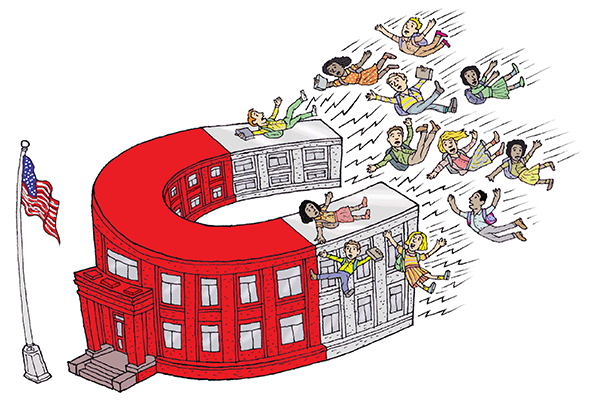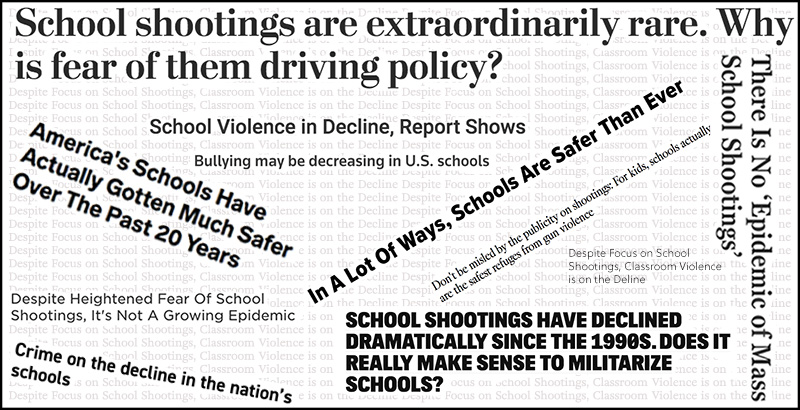
Frank Leister's Letter to the Editor, "Parents make the difference for students," should be required reading for all concerned with improving educational outcomes in South Carolina. As he posits below, all the money in the world will not budge those scores without major changes in how schools recruit the help of parents and inspire students to desire to learn.
"A Jan. 28 letter to the editor correctly pointed out that funding for schools has little or no effect on student achievement. More money for South Carolina students over the years did not result in higher achievement.
What does have a positive impact on achievement is parental involvement and expectations. For many years I headed a team that worked with school districts and schools on technology and later consulted with schools on the same. I also served on multiple district and school committees and a few at the state level.
No superintendent thought class size made a difference. All the teachers were more than competent to teach. New buildings or technology made little or no difference.
Parents did make a difference.
When parents expect their child to learn, to behave, do the work and make school their responsibility, achievement soars. For this to occur the family needs stability. That comes from jobs that provide parents the time to review school work, attend parent-teacher meetings, support school functions and discipline their children when behavioral problems surface.
This is a long-term fix — maybe as long as a generation or two to develop a solid economy that underpins good jobs.
Spending large sums on initiatives that don’t boost achievement simply lowers the standard of living through increased taxes while lulling everyone into complacency for a few years with no improvement until the next alarm goes off to improve education by increasing funding.
What can we do in the interim while building the structure for good families? Bring back recognition and shame.
Recognition should go to students who do well and their parents.
Public shame should descend on parents whose students fail to respect their school, its teachers and staff and under achieve. Yes, that may seem harsh, but it is less harsh than releasing unprepared students into the world.
The path to success is getting an education, getting a job, getting married and having children, in that order. It all starts with education and that starts with students striving to learn and parents setting expectations and following up.
Frank Leister
Archdale Street
Charleston













